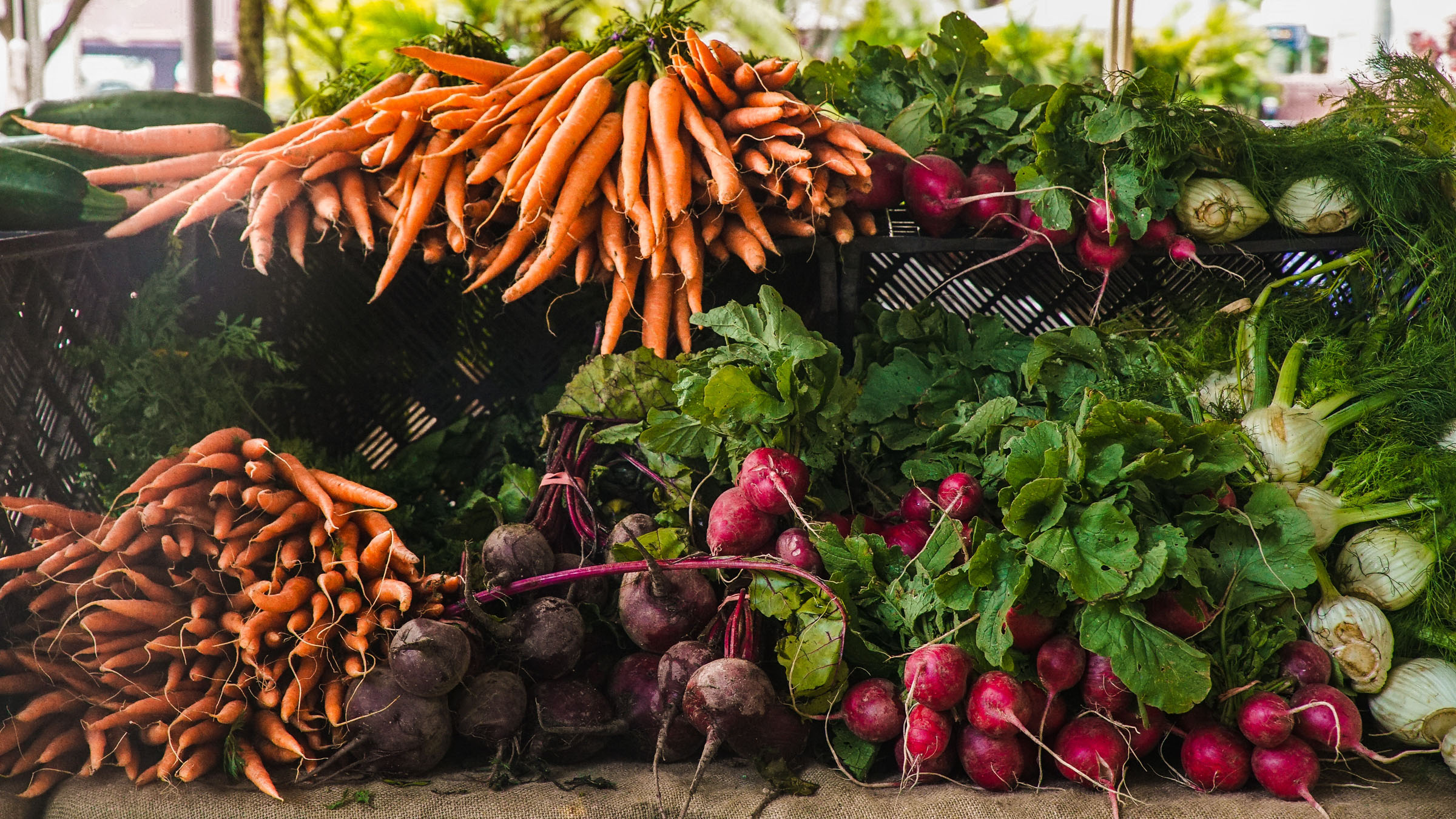
Special Food Provenance
Quiz: What’s Your Food Provenance IQ?
Knowing where your food comes from is a big step towards making your diet as sustainable and socially equitable as possible. How much do you know about food provenance?
Put simply, food provenance is about knowing where your food comes from. Where it was grown, caught or raised, but also how it was produced and how it got to you.
Why should you care? Well, because if you have access to this information, you can make informed food choices to ensure your diet is as sustainable, nutritious and socially equitable as possible. How far did your grapes travel before they landed in your fruit bowl? Was the fish on your plate caught in a sustainable way? What about the working conditions for the farmers who produced your food? With every product you buy, you make an impact – ideally a positive one.
So how much do you know about food provenance?
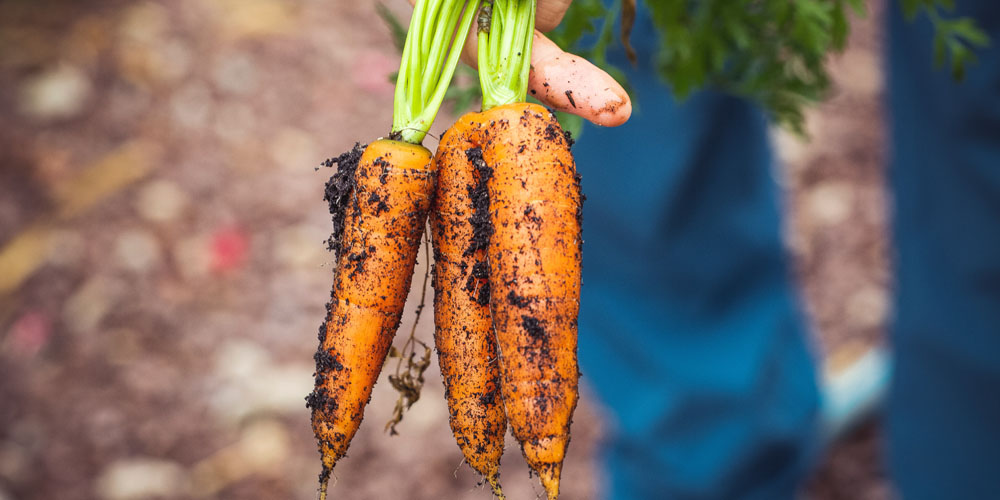
-

-

-

-
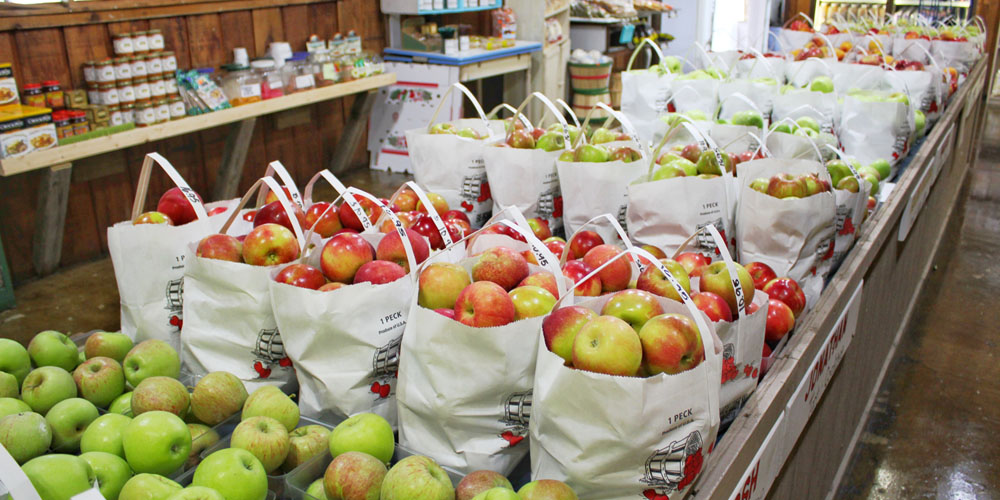
-

-
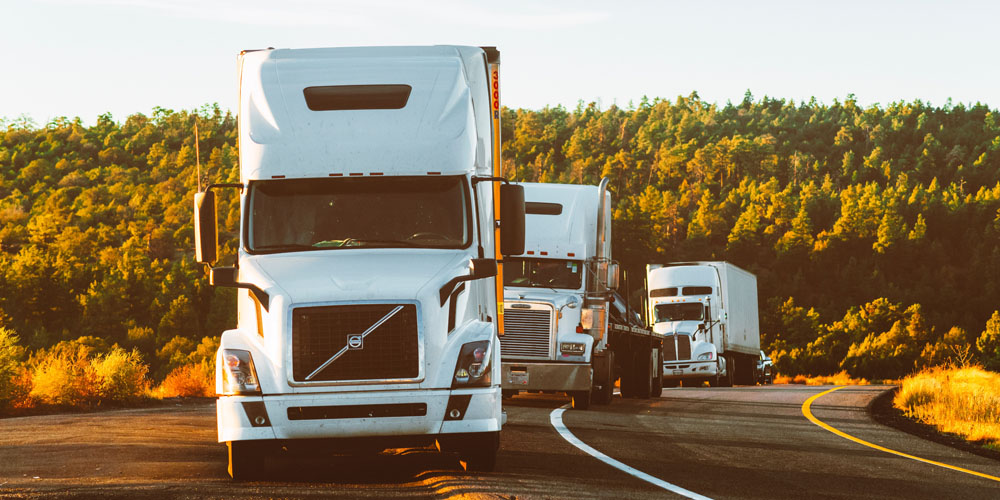
-
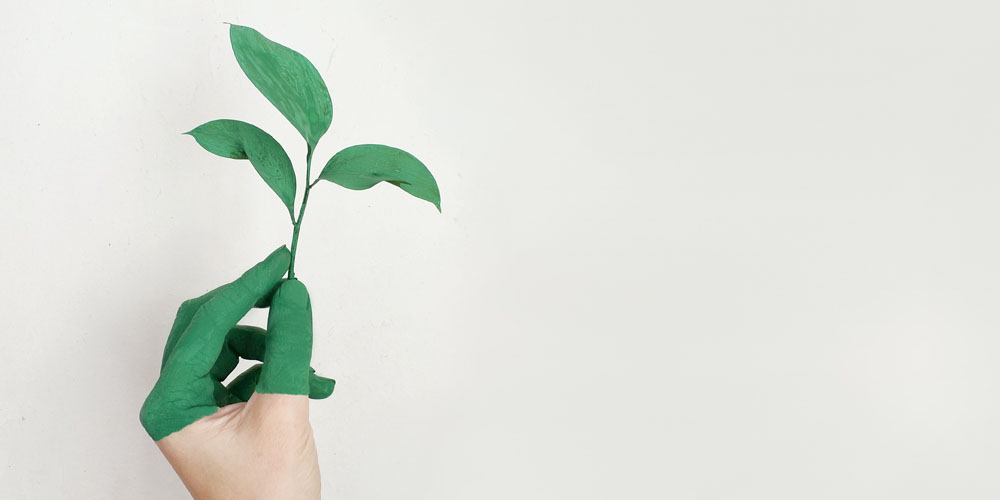
-
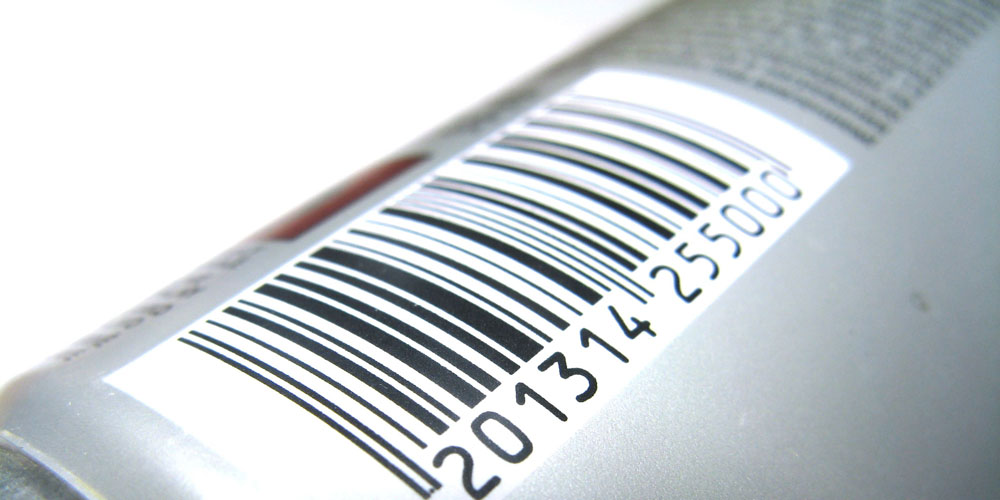
-

-

-
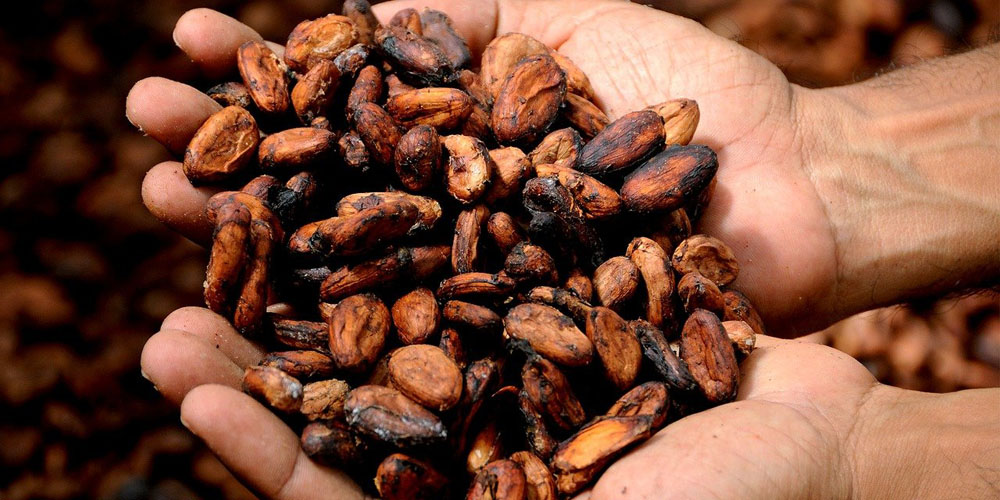
-

-
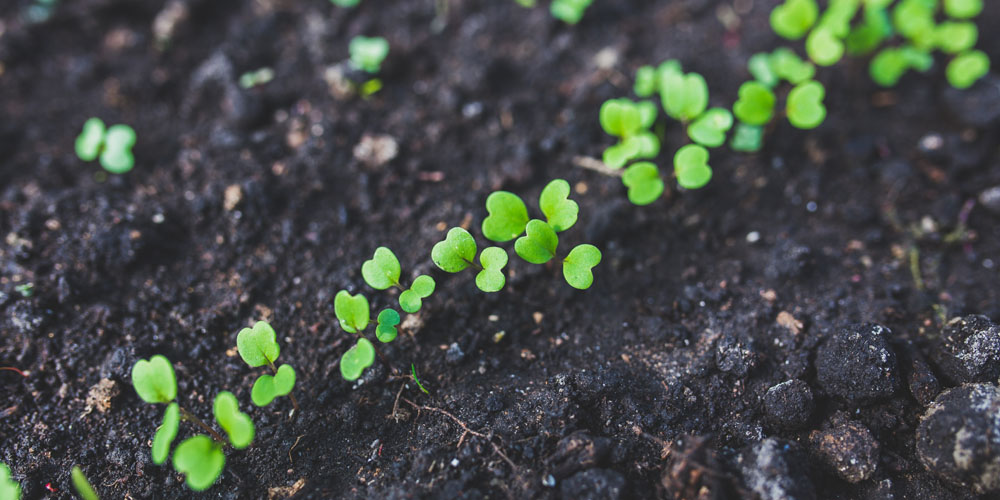
-

-



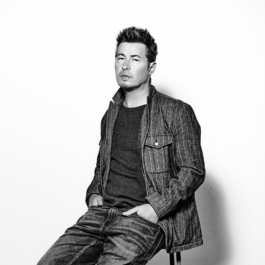
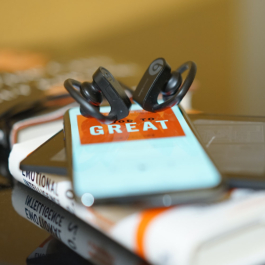


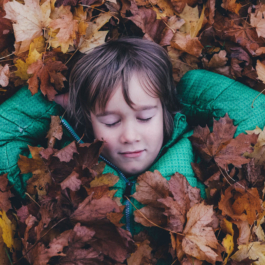



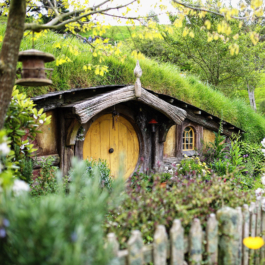

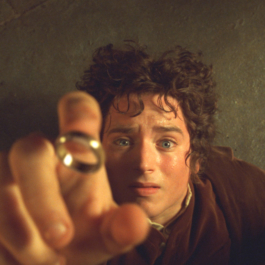
Sorry, the comment form is closed at this time.